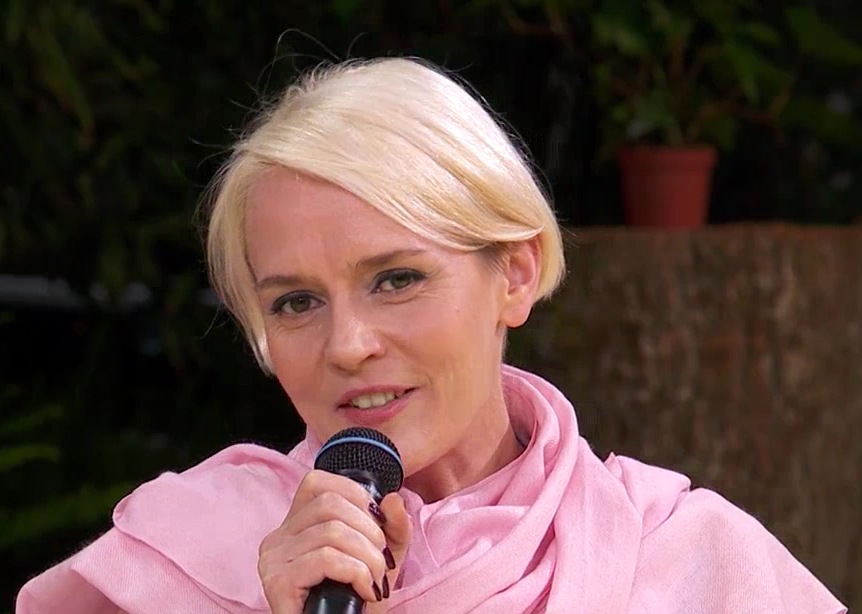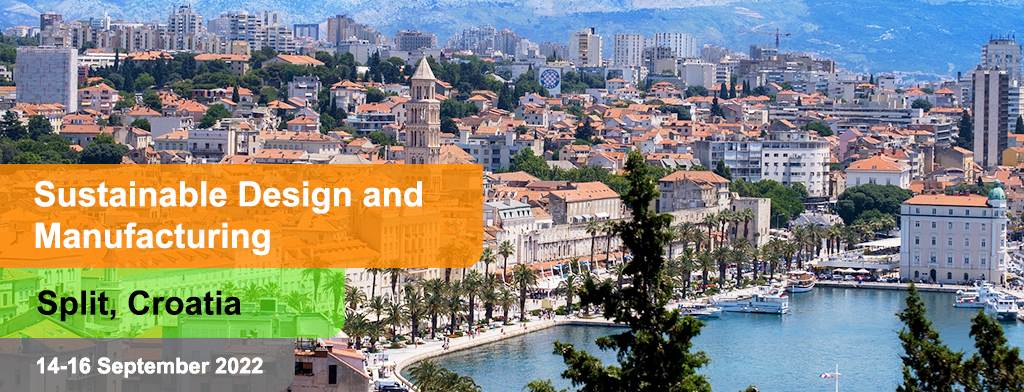Dr. Steffi Friedrichs
AcumenIST, BelgiumSustainable, Digital Innovations for Design & Manufacturing - the new Public-Private Orientation
Abstract:
The embedding of 'sustainability'-requirements into both products and processes is increasingly moving upstream in the value chain of innovations, demanding an ever earlier adoption of design-driven approaches that guide the discovery, R&D and manufacturing of materials and their complex devices through a combination of specifications derived from assessments that go beyond a single life cycle. This keynote will describe the background of the underlying drivers and developments that led to the growing importance of sustainability and resilience in both the public and the private sector, and their often collaborative implementation approaches.
With initiatives, such as the 'Safe and Sustainable by Design'-approach of the European Commission[1], the 'Safe(r) Innovation Approach' of the OECD[2], and the 'Safe by Design'-concept developed under European Committee for Standardization (CEN)[3], the regulators and standardisation bodies are now devising indicators and decision support systems to be followed in research projects pertaining to the implementation of overarching strategic goals, such as the Circular Economy Action Plan[4], and the Chemicals Strategy for Sustainability[5].
A reliable and resilient large-scale implementation of such design-driven product- and process-innovations in public and private research, however, is first and foremost dependent on the availability of digitalised knowledge (both data- and model-based) about their R&D object(ive)s. The pairing of sustainable innovation- and manufacturing-approaches with those pushing the digital agenda, as is done in the European Commission's 'Twin Transition'[6], therefore aims to combine important technical innovation fields, such as robotics, artificial intelligence, and digital process twinning with overarching environmental policies, such as the Strategy for Plastics in a Circular Economy[7], or the Waste Electrical and Electronic Equipment (WEEE) Directive[8], into an eco-innovation plan for Europe's Industry 4.0.
The NanoFabNet[9], a new stakeholder-initiated network for sustainable high-tech innovation, has conducted a grass-roots research exercise of the scientific developments in the fields of 'nanofabrication' and 'sustainability', in order to delineate the two disciplines and their research activities, and to ultimately find and define areas of overlap. This keynote presentation will describe the findings of this investigation and invite and enable experts working in the fields to initiate barrier-free interdisciplinary collaborations in this novel and future-focussed public-private orientation of sustainable design and manufacturing.

Biography:
Dr Steffi Friedrichs has been a leading expert, policy advisor and business representative for emerging technological innovation for nearly 25 years. She is currently the Founder and Director of AcumenIST, an internationally active consultancy that drives the advancement of science- and technology-based innovations through proactive initiatives in the public and private sector. Before joining AcumenIST, Steffi worked for the OECD, where she developed its definition, indicators and impact assessment of biotechnology and nanotechnology, and led two international workshops on genome editing. Steffi has a strong track record in the establishment, development and representation of technology-based companies; she was the Founder and General Director of the Nanotechnology Industry Association (NIA) group, Co-Founder and Member of the Board of Directors of the Chicago Micro- & Nanotechnology Community (CMNC), Director of the Master's Program in Micro- and Nanotechnology at the University of Cambridge, and Lecturer in Inorganic Chemistry and Solid State Chemistry at the University of Oxford.
Back to Keynote Speakers


